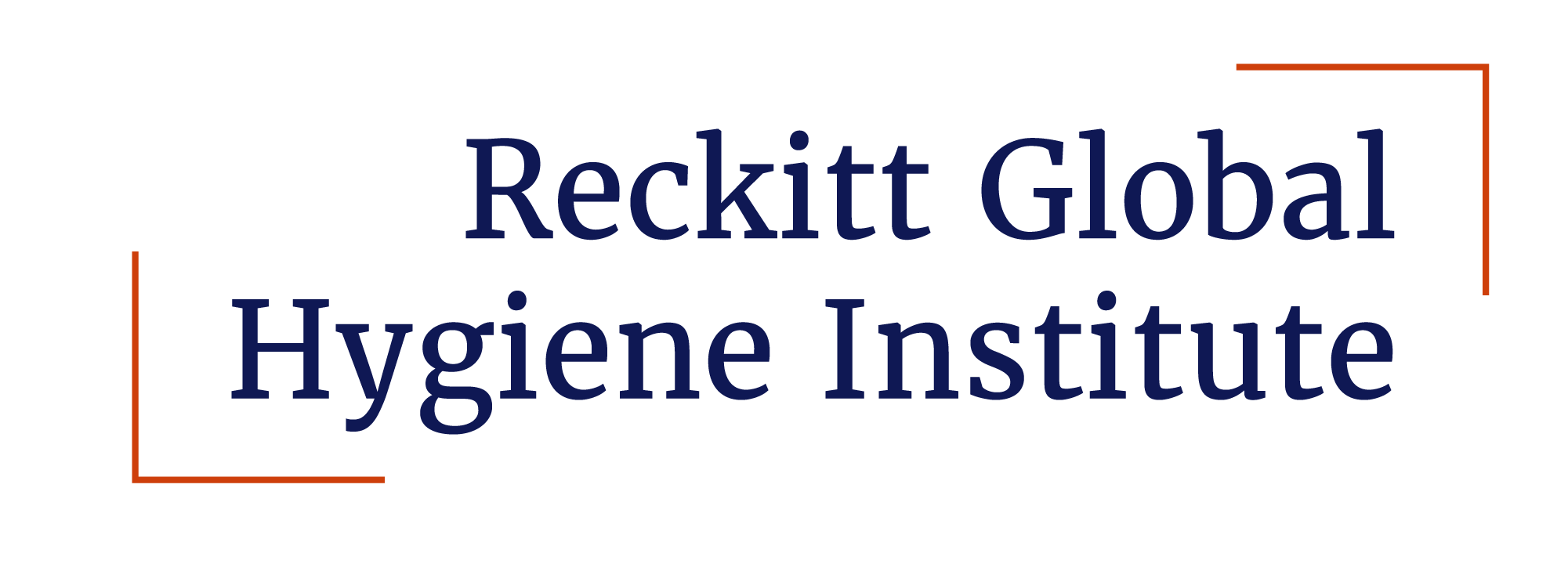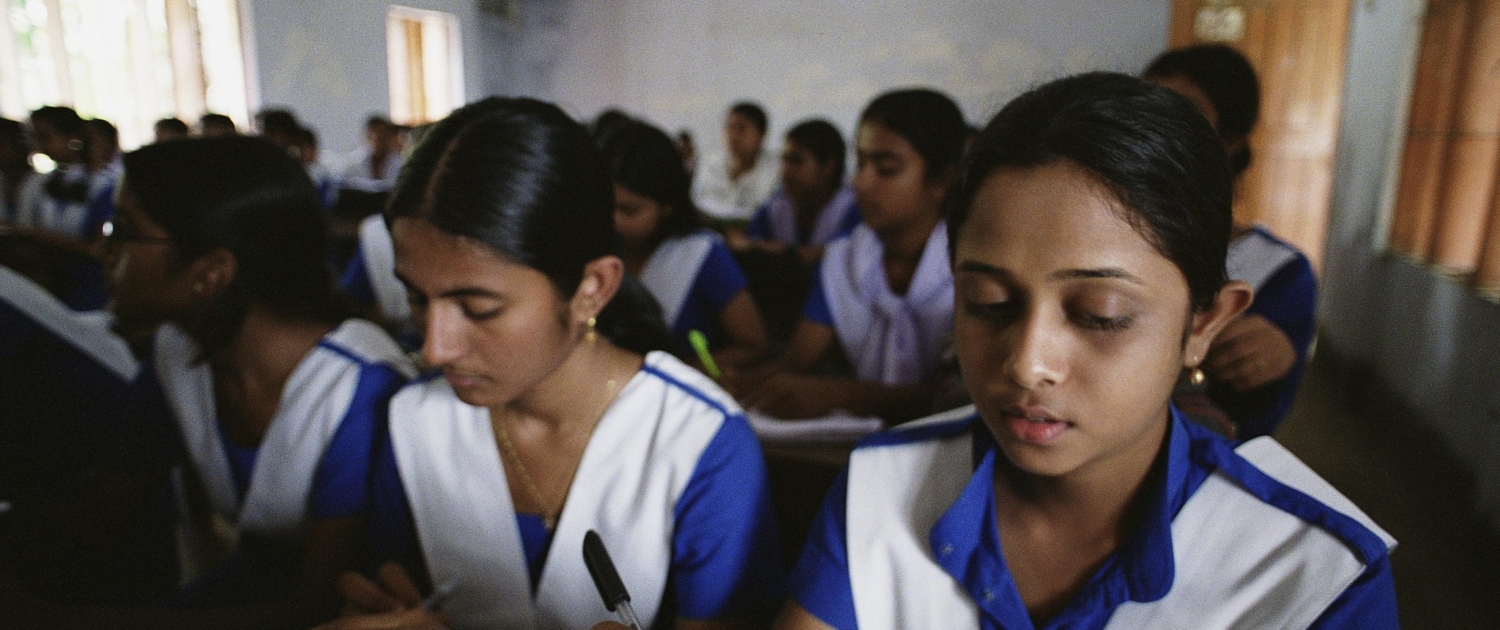Spotlights Series
29 May, 2025
Dr. Julie Hennegan: Measuring unmet menstrual health and hygiene needs and their impacts on health and education
Globally, over two billion people menstruate, yet many face barriers in managing their periods effectively and safely. Dr. Hennegan’s research is transforming real-life menstrual experiences into meaningful data that highlights just how widespread and urgent these challenges are, giving policymakers the evidence they need to act.
A key component of this research is the development and application of the Menstrual Practice Needs Scale (MPNS) tool. Developed in 2020 and first tested in Uganda, this tool allows respondents to report whether they have access to adequate resources, such as materials and appropriate spaces for changing and washing during their menstrual period. This measure has since been adopted and tested in multiple countries. This research further aims to develop a short-form version of the MPNS, allowing for larger-scale research and development.
Not only does this research focus on the MPNS tool, but it also focuses on filling critical evidence gaps by exploring the long-term effects of unmet menstrual health needs during adolescence. By following a group of girls over time, this research captures how menstrual experiences change and how these experiences impact mental health, school participation and general well-being. These insights are crucial for developing effective, contextual interventions that can be scaled to improve the lives of young girls globally.
- Sarah Roberts, RGHI Executive Director
The RGHI Spotlight Series showcases researchers’ inspiring work on improving global hygiene and health outcomes. Each post highlights a project funded through an RGHI grant or fellowship, detailing its goals, progress, and potential impact. These spotlights celebrate innovation and collaboration in tackling some of the world’s most pressing hygiene challenges. To learn more about RGHI-funded research and its contributions to advancing hygiene and health worldwide, explore our research portfolio.
Livia Mulligan, RGHI Communications Assistant








 World Bank / IMF 2017 Spring Meetings. Civil Society Round Table. Grant Ellis / World Bank
World Bank / IMF 2017 Spring Meetings. Civil Society Round Table. Grant Ellis / World Bank